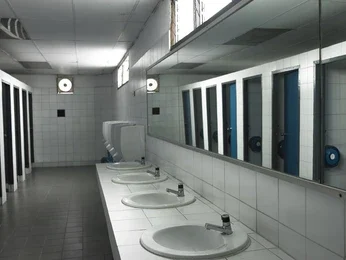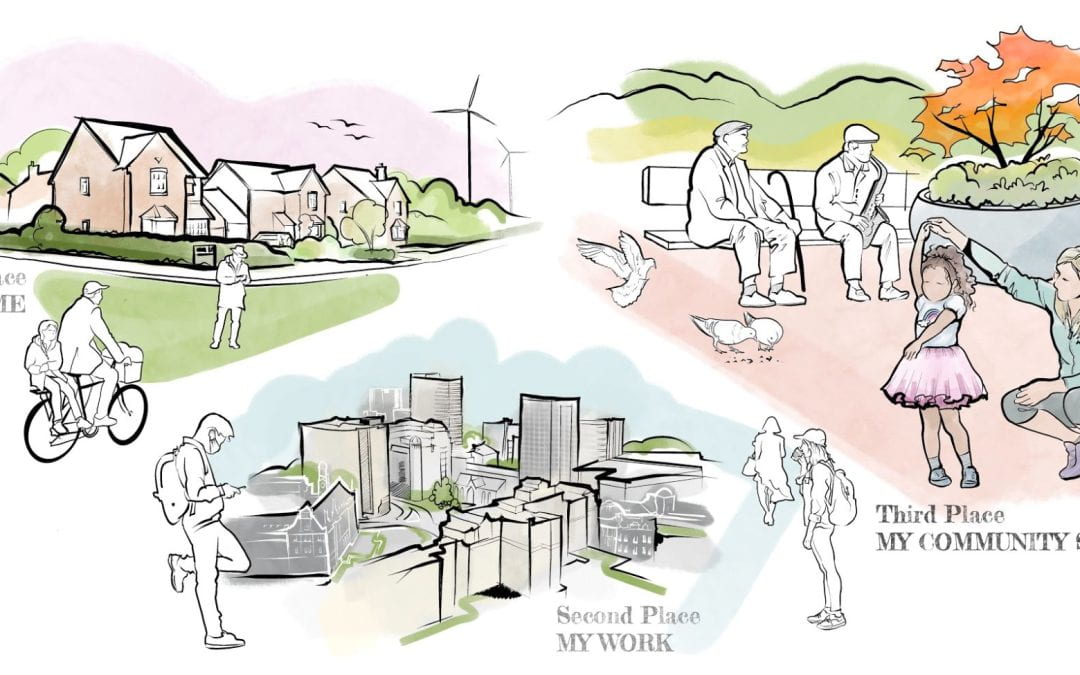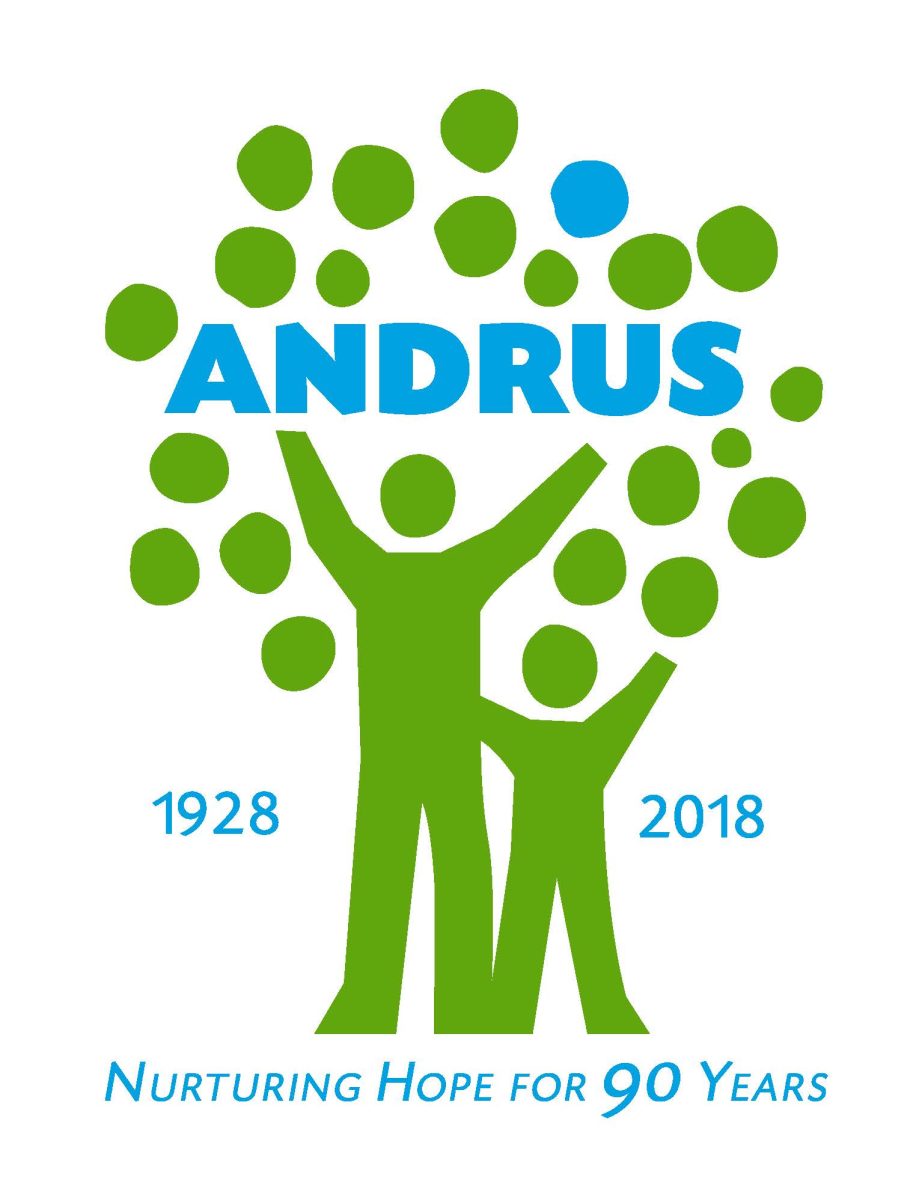Starting in January 2024, the nonprofit organization Andrus (Julia Dyckman Andrus Memorial) will partner with all three Hastings schools to provide a school-based mental health clinic.
The services that the clinic will provide include “individual therapy for the child, regular contact and collateral sessions with the caregiver to address any concerns at home, family therapy sessions, and consultation with teachers and school staff to support intervention for any classroom issues,” according to a presentation given to the Board of Education by the Hastings Assistant Director of Special Education MariAngela Sanchez. Through the program, Andrus will provide the Hastings school district with a clinician five days a week, whose time will be spread throughout Hillside, FMS, and HHS.
The clinician will be funded through grant funds and insurance, and supplement and support the District’s previous special education staff. The clinician will specifically work with students who have symptoms that merit a diagnosis, but Andrus’s Senior Director of Community-based Mental Health Services, Danni Lapin Zou, said that the main goal of the clinic is to “increase access to mental health treatment,” reduce anxiety and depression, and “improve overall functioning so that people really feel more connected and can function better in school and at home and in the community.”
As of now, there’s a “huge shortage of mental health clinicians out there and those who are accepting new patients often don’t take insurance. So if your family may not be able to afford a pretty significant cost per session,” you can’t access mental health services, said Zou. Also, if you have a scheduling conflict, this can be another serious barrier to access to mental health treatment. Through the clinic, students will be able to “hav[e] a clinician during the day at school,” which “means that you have immediate access” to mental health services. This will ensure that students are “getting really high quality clinical care without needing to sacrifice other things that really support [them],” Zou said. Similarly, Ms. Sanchez, the Assistant Director of Special Education, said that she thinks the clinic will “significantly improve access to therapeutic support, especially for children facing barriers to care.” It will foster “ongoing partnerships to enhance the social-emotional well-being of all students,” she said.
The clinician’s role will be similar to a clinical therapist’s, and each day they will work with a caseload of students that they will pick up from class. Then they’ll have a full therapy session. The twist that makes the school-based program special, however, is that the clinician can work with school-specific issues, like “meet[ing] with the teacher” and “be[ing] a part of school support teams,” according to Zou.
Although Andrus has worked with many different schools before, this is the organization’s first time partnering with Hastings. Zou said that Hastings “seemed like a natural fit” for a clinic because the Andrus “campus programs are on the border of Yonkers and Hastings. So Hastings is kind of a home community for us,” she said.
But the main difference between the Andrus clinic in Hastings and its previous clinics in other schools is that the initial plan only includes one clinician. According to Zou, in Hastings, “if someone’s in elementary school and then moves up and still continues to need their mental health treatment, they’ll be able to stay with the same therapist… We’ll really get a continuity of care in that sense and also get to fully know the community.”
All in all, Zou and Andrus are “really excited to partner with Hastings,” and specifically to “be able to give back to the community… and to continue to expand.”



















Andrus • Jan 25, 2024 at 11:57 am
Congratulations, Natalie Garson, on your excellent article. Thank you for the write up. Andrus takes pride in continuing its longstanding relationship with Hastings on Hudson Public Schools.